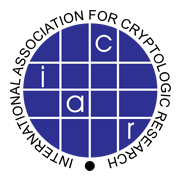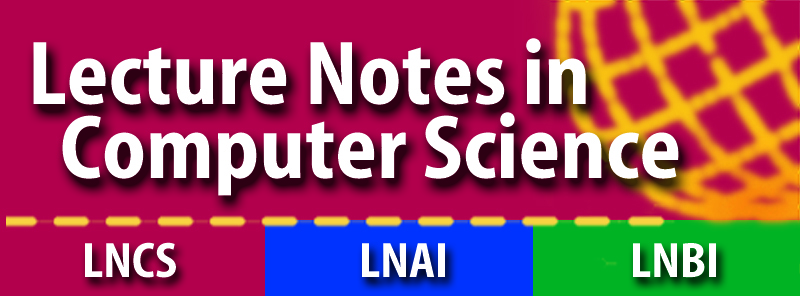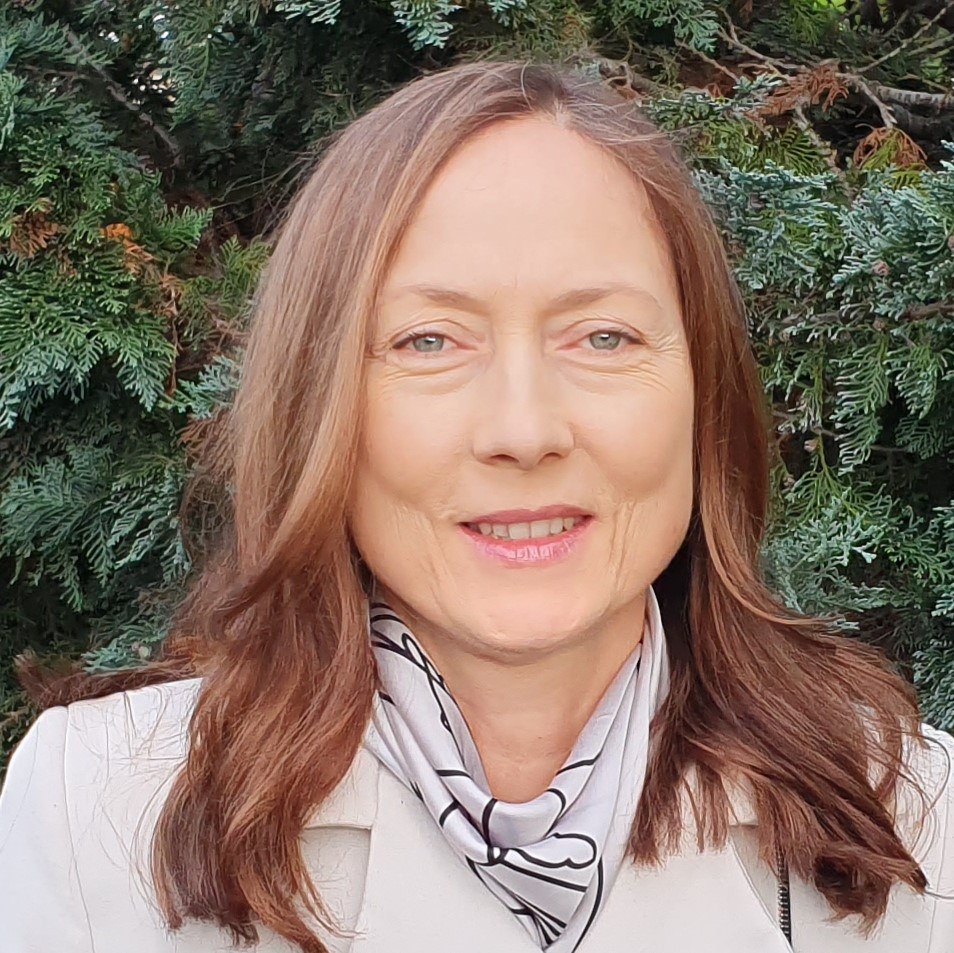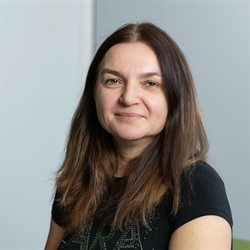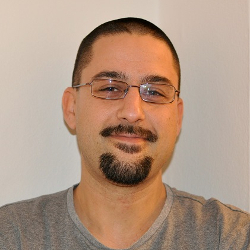Submission
We encourage researchers working on all aspects of AI and cryptography to take the opportunity and use AICrypt to share their work and participate in discussions. The authors are invited to submit an extended abstract using the EasyChair submission system.
Every accepted submission must have at least one author registered for the workshop. All submitted abstracts must follow the original LNCS format with a page limit of up to 2 pages (excluding references). The abstracts should be submitted electronically in PDF format.
Important dates (AoE)
EXTENDED submission deadline!
Abstract submission deadline: Mar 17, 2023
previously Mar 3, 2023
Notification to authors: Mar 24, 2023
previously Mar 17, 2023
Workshop date: Apr 22, 2023
